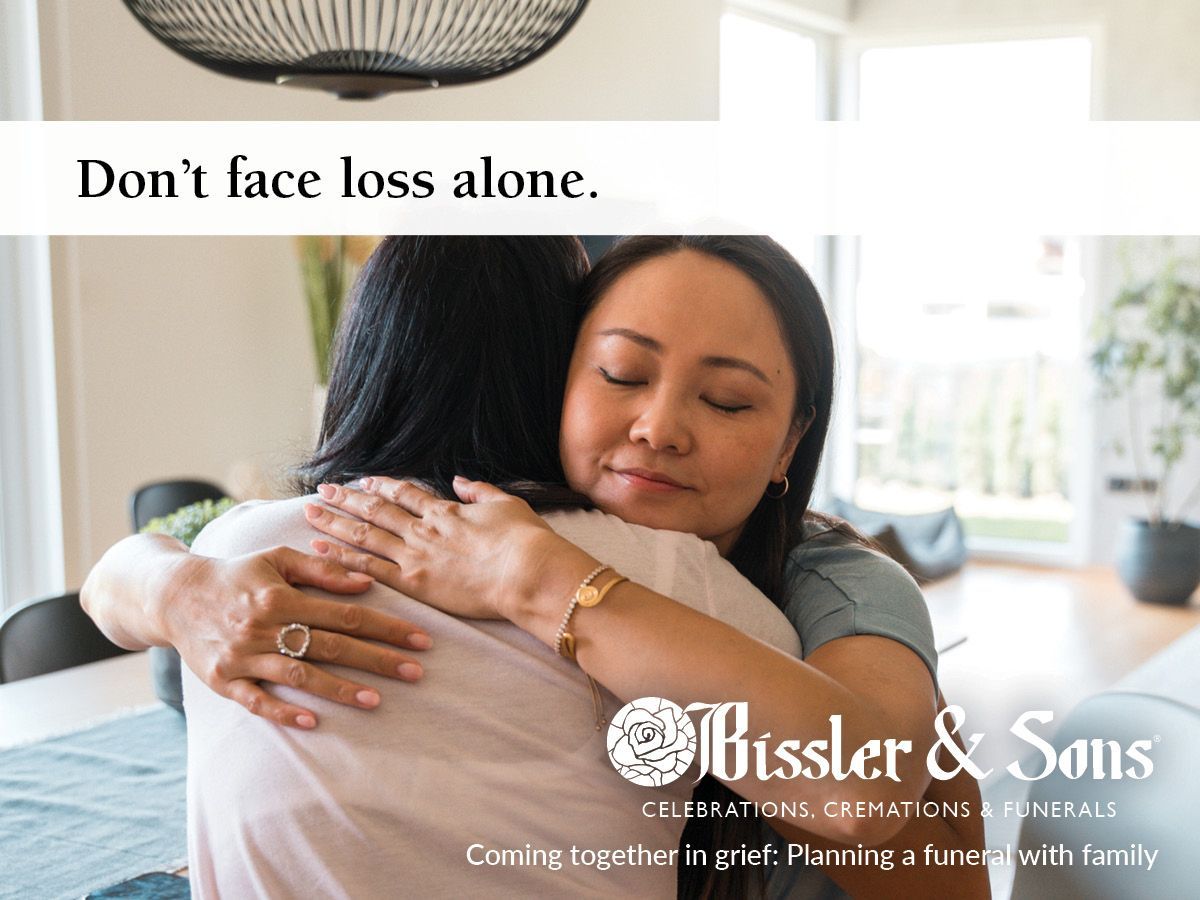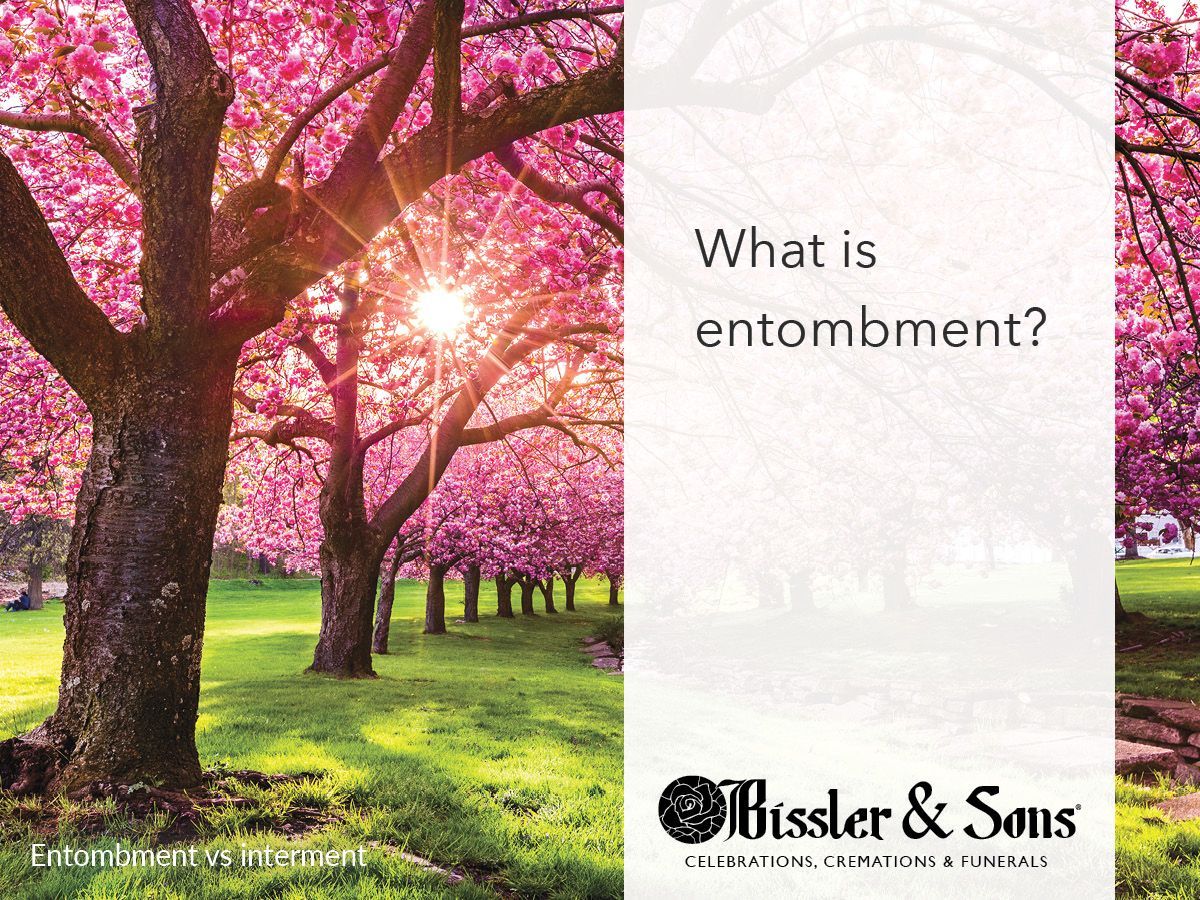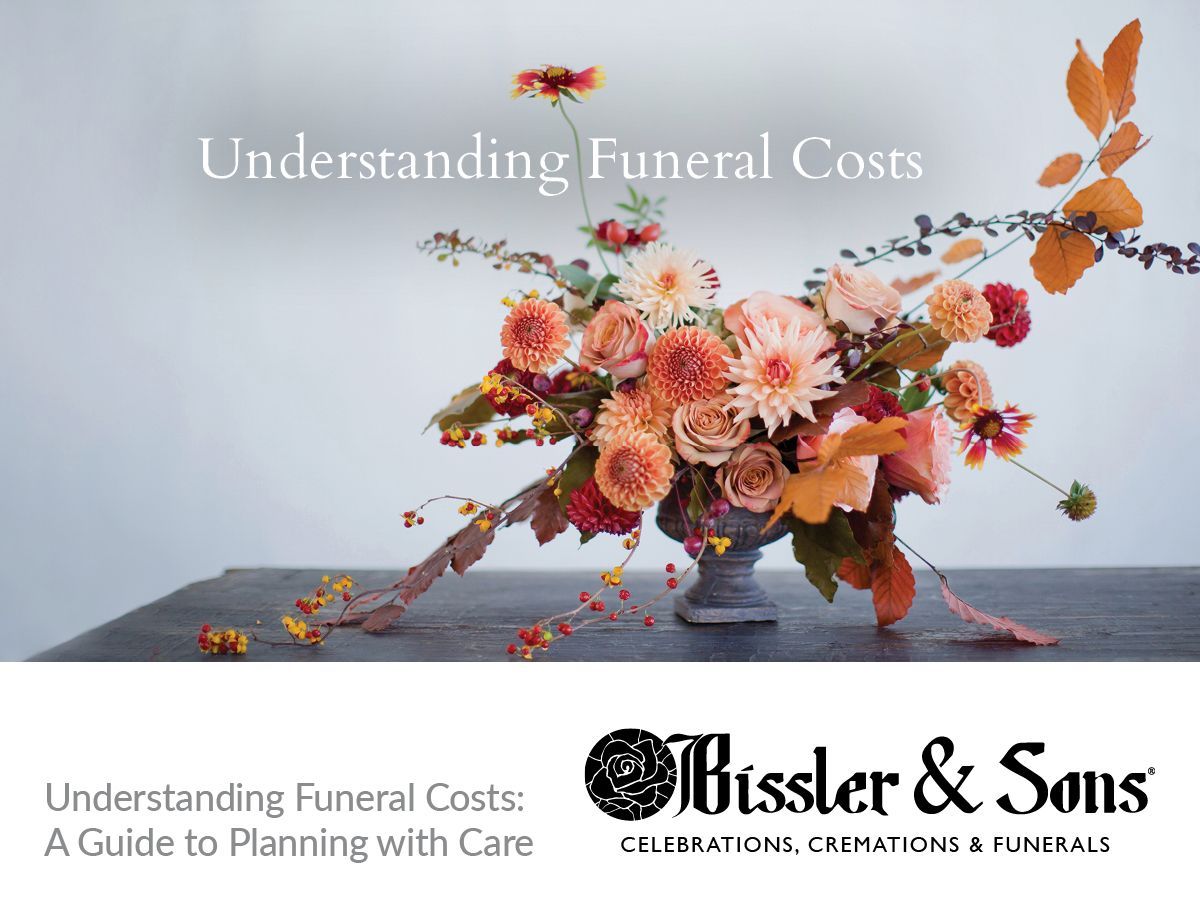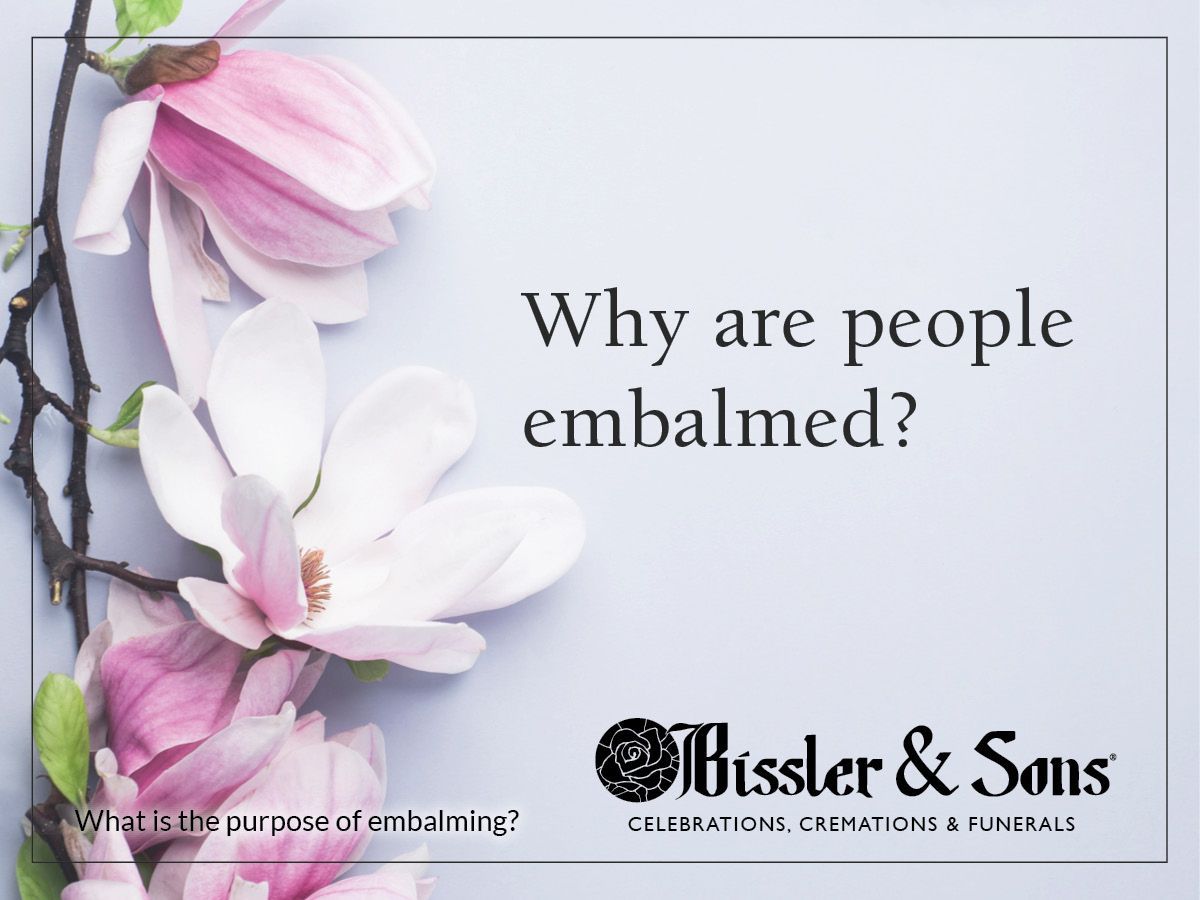Your Parents Preplanned Their Funerals—How to Tell Your Siblings
Planning a parent’s funeral is an emotional experience, but when your parents preplan their funeral in advance, they’re making that difficult time a little easier. A preplan gives you a blueprint for what your parents want for their funeral, ensuring that you have fewer overwhelming decisions to make. But if your parents didn’t talk to your siblings about their plans, it’ll fall to you to walk them through that blueprint. How do you talk to your siblings about your parents having preplanned their funerals?
How to Tell Your Sibling Your Parents Preplanned Their Funerals
Recognize that your siblings may grieve differently than you.
Some people want to continue on with their day-to-day life after a parent passes. They may find comfort in going to work or spending time with friends. They may throw themselves into a project to take their minds off of their grief. For others, it’s challenging to be around people, and they may isolate themselves. Even if you handle grief one way, just because your sibling is related to you doesn’t mean they’ll grieve the same way.
You may be ready to think about funeral planning, but your sibling might not be in the right headspace to discuss services and disposition so soon after your parent passes. Approach your sibling carefully and tell them you want to talk about your parent’s funeral. Give them the option to tell you if they’re ready to talk about it. Let them know it’s okay to take their time and that you’ll be there for them whenever they’re ready. You may be on a time limit depending on when you’d like the funeral to be held, so be sure that they’re aware of the time frame you’re working with.
Don’t leave anyone out.
Maybe you have two siblings. One lives several states away, while the other is just one town over. You may think that you’re taking things off of the plate of the sibling who lives further away by not talking to them about funeral planning. But leaving any of your siblings out of the funeral planning process may cause further problems down the road. If a sibling tells you outright that they don’t want to be involved in the planning, that’s acceptable. But unless they tell you they don’t want to be part of it, you should assume that they’d like some say in their parent’s funeral.
With your parents having preplanned, there are fewer decisions to make, but your sibling might just want to feel included in the planning process. They may already feel slighted that their parents told you they preplanned but not them. Excluding them further from the process may just make that wound bigger. Emotions run high when people are grieving. A perceived slight during the funeral planning process may turn into a long-held grudge. And this should be a time for you and your siblings to come together, not for you to drift apart over hurt feelings.
When you talk to your siblings about your parents’ preplanning, make sure it’s during a time that works for both of them. If only one sibling can come in person to talk, allow the other to join via a video call platform or by phone. If one of your siblings doesn’t get along with another, do your best to mediate and remind them that their situation is temporary. You won’t have to talk about funeral planning for your parents after the funeral is held. If anyone asks for a sibling to be excluded, explain that doing so may cause more complications and that the potentially-excluded sibling is still your parents’ child. They deserve to be a part of their parents’ funeral as well.
Be sure to have all essential documents available for them.
Your siblings will likely have many questions about what your parents did and did not plan. Even if you spoke with your parents before they passed about what they wanted for their funeral, you might not have all the answers. You’ll have copies of essential documents to keep with you as a reference, but you’ll find comfort in knowing the files are stored at the funeral home when you need them. You may learn some things you weren’t aware of too.
Don’t worry if the documents don’t answer all the questions you and your siblings have about the service choices your parents made. As a part of the process, you’ll have a chance to meet with a funeral director at the funeral home, who will likely be able to answer any questions that the documents couldn’t satisfy. This meeting will also give you and all of your siblings a chance to see the funeral home and begin making outstanding decisions that your parents didn’t make. You may also find comfort in knowing that your parents handled many of the most significant decisions, creating less stress for you and your siblings and allowing you more time to grieve together.
Work together to make any additional decisions.
Because your parents preplanned, there will be fewer decisions for you and your siblings, but most likely, there will still be some choices for you all to make. Preplanning comes in many different forms. Some people plan every detail of their funeral and disposition. Others make some of the major decisions and leave the other choices to their kin. Your funeral director will be able to guide you through the additional choices you’ll have to make. Just like you shouldn’t exclude anyone from the initial funeral planning conversations, you shouldn’t exclude anyone from this decision-making time.
However, it’s important to note that the funeral home can only follow one person’s instructions. If there are disagreements about certain decisions, the funeral home will not be able to satisfy their contradictory desires. The funeral home will follow the directions of the person named by your parents as the one who will be planning the funeral. If your parents requested you to enact their funeral plans, you should express to your siblings that your directions will be the ones that the funeral home will follow and that you will do your best to stick to your parents’ already-made choices.
Organize payment.
While your parents may have preplanned their funeral, they may not have prepaid. Funeral homes offer different payment plans for people who are preplanning, and those plans may cover all or some of their funeral and disposition. Talk to your funeral director about what’s been paid for so far and what still needs to be covered. Ask for a General Price List, Outer Burial Container Price List, and a Casket Price List to get an idea of how the costs break down. You should also check your parents’ financial records to see if they had set money aside for the funeral outside of going through a funeral home.
Once you have a detailed list of what still needs to be paid for, talk to your siblings about breaking down costs. Technically, only your parents’ estate is responsible for funeral and disposition payments. But if your parents’ estate isn’t enough to cover the expenses, you and your siblings will likely have to figure out payments on your own. Do your best to divide up costs in a reasonable and fair way, ensuring that no sibling has to cover more than they’re able to.
Your parents gave you and your siblings a gift by preplanning and possibly prepaying for their funeral. When planning a funeral, there are hundreds of decisions that can often be challenging to make when you’re already in the midst of grieving. Thanks to your parents’ preplanning, you and your siblings will have less to worry about, allowing you all to simply grieve together and support one another with less stress.


















